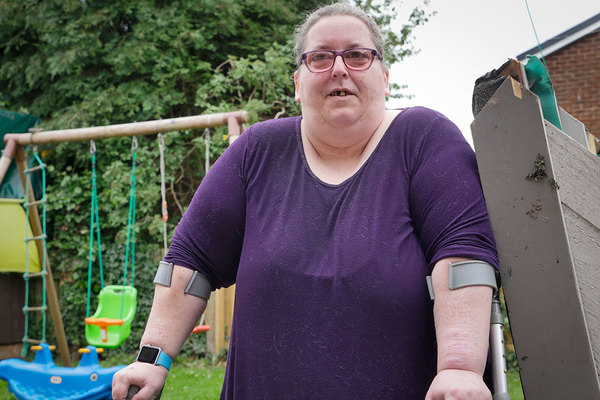You are viewing 1 of your 1 free articles
18 to 21-year-old Universal Credit policy will not deliver expected savings, charities warn
A controversial government policy to deny housing benefit for 18 to 21-year-olds has only affected 4% of claimants, leading to charities warning it will cost more than it saves.
Last April the government introduced the policy, which denies the housing element of Universal Credit to new claimants aged 18-21. The government said the aim of the policy was to “ensure young people in the benefits system face the same choices as young people who work and who may not be able to afford to leave home”.
However, a raft of exemptions were included with the policy which mean that 18 to 21-year-olds with children, who are carers, or who are unable to live at home with their parents will not lose out on the benefit.
As a result of these exemptions only 90 people were hit by the policy between April and June last year, just 4% of the 2,090 claimants.
Half of the 90 claimants were exempted because they had children, and 29% were in a couple.
The policy was originally expected to affect around 10,000 people up to 2020 and save an estimated £95m. Savings estimates have since been revised to £65m by the end of 2019/20.
A government impact assessment exclusively obtained by Inside Housing last year revealed that the government expected 1,000 young people to be hit by the policy this year.
But Paul Noblet, head of public affairs at Centrepoint, said the policy “will not deliver the savings promised to the taxpayers and has heaped years of stress on already vulnerable young people”.
He added that while the charity is “pleased” that the government introduced exemptions “needed to help ensure the most vulnerable in our society were not penalised by this cut” they remain convinced the policy was “unnecessary”.
“There is still a real danger that this policy could have a chilling effect on young people’s ability to secure a tenancy of their own, trapping them in our hostels long after they are ready to live independently and preventing Centrepoint from helping others in need of a safe place to stay,” said Mr Noblet.
Matthew Downie, director of policy and external affairs at Crisis said the policy is "not only inefficient cost-wise, but potentially harmful to the most vulnerable people in our society".
He added: "Universal Credit is in its early stages, so we still don’t know if all young people entitled to support for housing costs are able to access it, and this leaves us with huge cause for concern."
Mr Downie said young homeless people are being forced to prove they are homeless before they can receive the benefit. He added: "This puts them in an incredibly difficult situation as most landlords require proof that a tenant is receiving benefits before they will rent to them. Putting them in this Catch 22 situation goes against the spirit of the Homelessness Reduction Act which comes into effect this April."
A spokesperson for the Department for Work and Pensions said it is too early to tell if the expected savings will be made but added the policy is more than a cost-saving measure.
She added: “Many young people in work can’t afford to move out of home straight away, and this policy makes sure those in the benefit system face the same choices as those in work.
“But we always wanted to make sure that vulnerable young people could get the support they need and these figures show that they do.”












